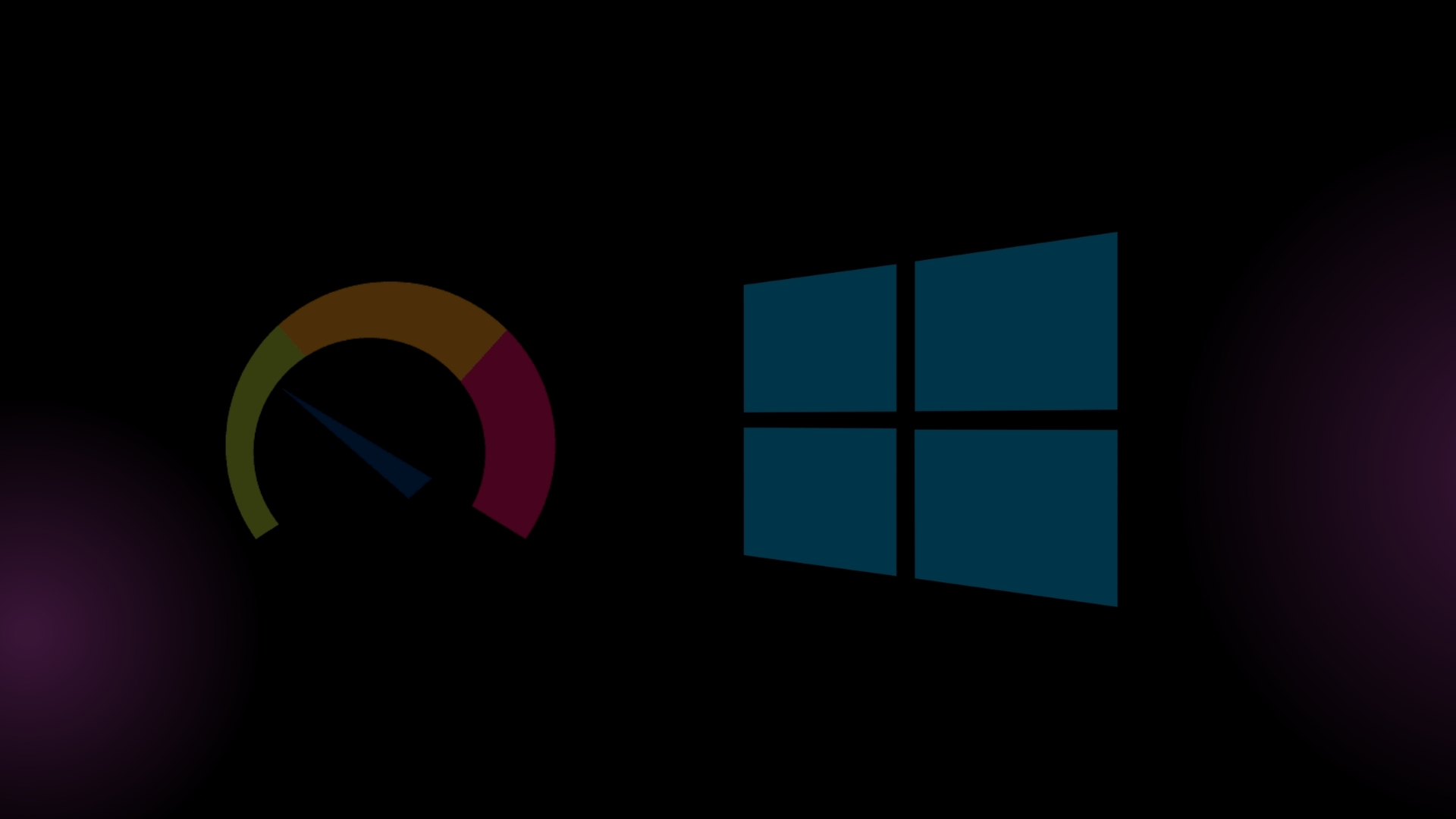Monitoring Windows and Linux Systems with PRTG Network Monitor

Monitoring Windows and Linux Systems with PRTG Network Monitor
Comprehensive Infrastructure Visibility for Hybrid Environments
Overview
PRTG Network Monitor is a powerful network monitoring platform that enables comprehensive visibility into the performance, hardware health, and service status of both Windows and Linux servers. This document outlines how to effectively monitor these systems using PRTG’s diverse range of sensors and monitoring technologies.
Monitoring Windows Servers
PRTG allows for real-time tracking of critical hardware and system metrics in Windows environments. The following sensor types are commonly used:
Hardware Monitoring
Monitors resource utilization across CPU, memory, and disk subsystems.
Windows CPU Load Sensor
Tracks processor load on a per-core basis.
WMI Memory Sensor
Monitors physical and virtual memory usage.
WMI Disk Free Sensor
Provides free space statistics for disk partitions using WMI.
SNMP Disk Free Sensor
Offers an SNMP-based alternative for disk space monitoring with lower resource consumption.
Process and Pagefile Monitoring
Gain insight into process-level behavior and virtual memory usage.
Windows Process Sensor
Monitors individual running processes and their impact.
WMI Pagefile Sensor
Tracks system pagefile usage for memory management diagnostics.
SNMP Memory Sensor
Lightweight memory usage monitoring using SNMP protocol.
Bandwidth Monitoring with PRTG
PRTG provides advanced bandwidth monitoring capabilities to analyze data traffic across network links and interfaces. It employs multiple sensor technologies tailored for different environments and levels of detail.
1. SNMP (Simple Network Management Protocol)
Ideal for routers, switches, and SNMP-enabled network devices.
Minimal system resource usage, but limited to high-level traffic statistics.
Common Sensors:
SNMP Traffic Sensor
SNMP RMON Sensor
SNMP v2/v3 Sensors
2. Flow Technologies: NetFlow / sFlow / jFlow / IPFIX
Delivers granular insights from flow-enabled devices such as Cisco, Juniper, and HP switches.
Offers application-level visibility and identifies traffic sources and destinations.
Common Sensors:
NetFlow v5/v9 Sensor
sFlow Sensor
jFlow Sensor
IPFIX Sensor
3. Packet Sniffing
Analyzes network packets directly for deep-dive inspection.
CPU-intensive but provides highly detailed traffic analysis.
Common Sensor:
Packet Sniffer Sensor
Conclusion
PRTG Network Monitor enables proactive monitoring of Windows and Linux systems through a broad set of sensors and protocols. By leveraging technologies like SNMP, WMI, NetFlow, and Packet Sniffing, IT teams can maintain full visibility into system performance, bandwidth consumption, and potential bottlenecks—ensuring high availability and optimized operations across all infrastructure layers.




